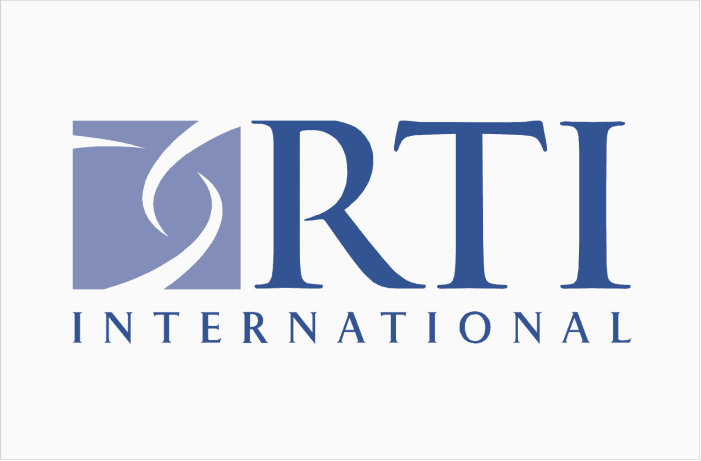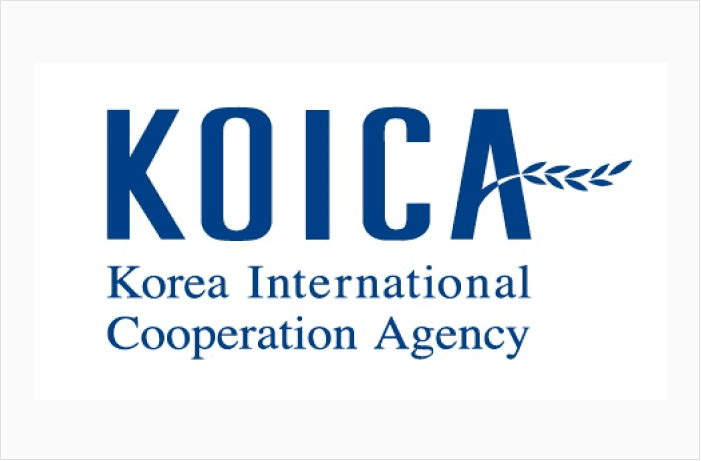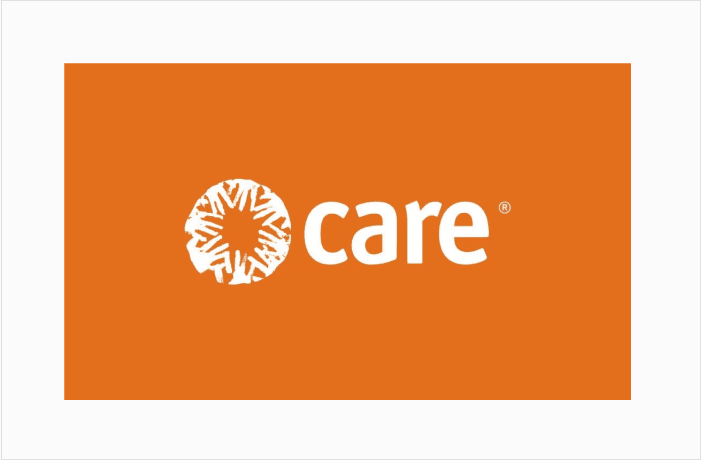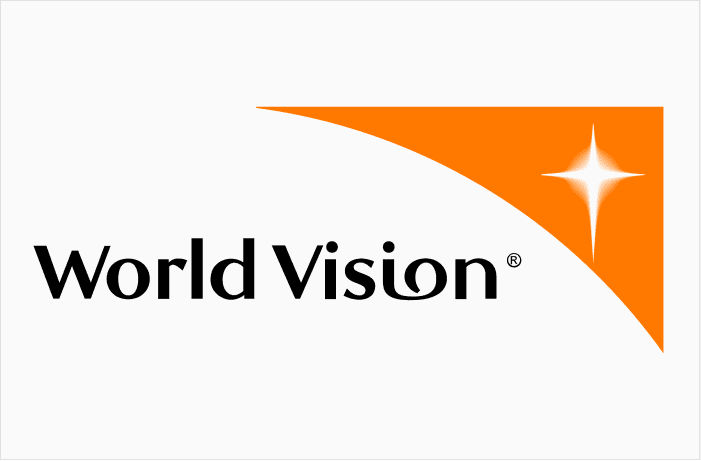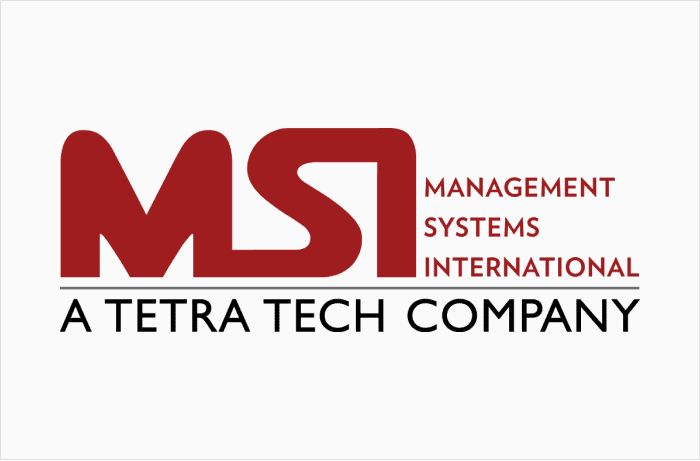The success of any organization depends largely on the quality of the decisions made by its leadership. One of the key factors that inform such decisions is the quality of the data that the organization has at its disposal. Collecting and analyzing data accurately is, therefore, critical to the success of any organization.
Inaccurate data can lead to flawed decision-making, which can have serious consequences. For example, a company might make a bad investment decision based on inaccurate sales projections, leading to financial losses. A healthcare provider might misdiagnose a patient based on inaccurate test results, leading to inappropriate treatment.
Accurate data collection and analysis, on the other hand, can lead to better decision-making and improved outcomes. By collecting and analyzing data accurately, organizations can identify trends, patterns, and insights that can inform their decision-making. They can also identify potential risks and opportunities, allowing them to proactively manage their operations and resources.
There are several steps that organizations can take to ensure the accuracy of their data collection and analysis processes. These include:
- Clearly defining the objectives of the data collection and analysis project.
- Using appropriate data collection tools and techniques, such as surveys, interviews, or focus groups.
- Ensuring that the data is collected from a representative sample.
- Using appropriate statistical techniques to analyze the data.
- Ensuring that the analysis is accurate and unbiased.
By following these steps, organizations can ensure that they are collecting and analyzing data accurately and effectively, leading to better decision-making and improved outcomes.









